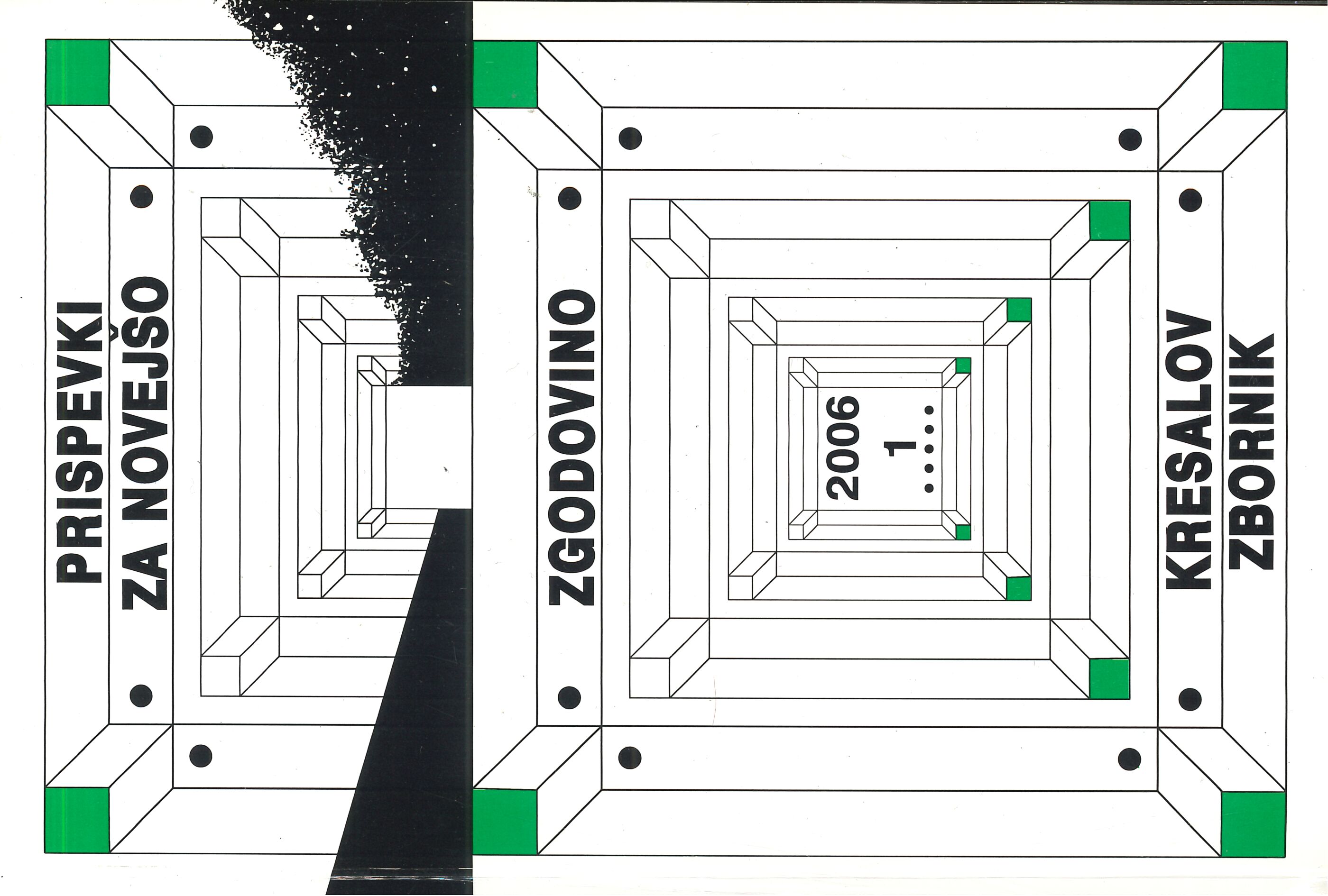Some Aspects of the Operation of the League of Combatants of War
"The Organization of Combatants is Steady and Strong. It is a Union of Hearts and Souls. It is a Foundation of Friendship and Love among Nations."
Keywords:
First World War, League of Combatants, veterans, the war-disabled, social assistance, Yugoslavia, monumentsAbstract
The paper examines the activity of the League of Combatants of War (1931-1941), which was composed of First World War veterans, most of whom were former soldiers of the Austro-Hungarian army. The League was a non-political and non-partisan organization focused on preserving the memory of the Great War. Whilst its main activity was campaigning for the erection of monuments to the fallen First World War soldiers, it was also active in the social field through so-called self-help and the concern to secure social assistance for the war-disabled. It can be concluded, from the states indifference and its shaping of the collective memory of the First World War period, that former soldiers of the Austro-Hungarian army were considered second class veterans whose remembrance, for historic reasons, was not included in the official commemoration of the Great War in Yugoslavia.
Downloads
Published
Issue
Section
License
Authors who publish with this journal agree to the following terms:
- Authors retain copyright and grant the journal right of first publication with the work simultaneously licensed under a Creative Commons Attribution License that allows others to share the work with an acknowledgement of the work's authorship and initial publication in this journal.
- Authors are able to enter into separate, additional contractual arrangements for the non-exclusive distribution of the journal's published version of the work (e.g., post it to an institutional repository or publish it in a book), with an acknowledgement of its initial publication in this journal.
- Authors are permitted and encouraged to post their work online (e.g., in institutional repositories or on their website) prior to and during the submission process, as it can lead to productive exchanges, as well as earlier and greater citation of published work (See The Effect of Open Access).


